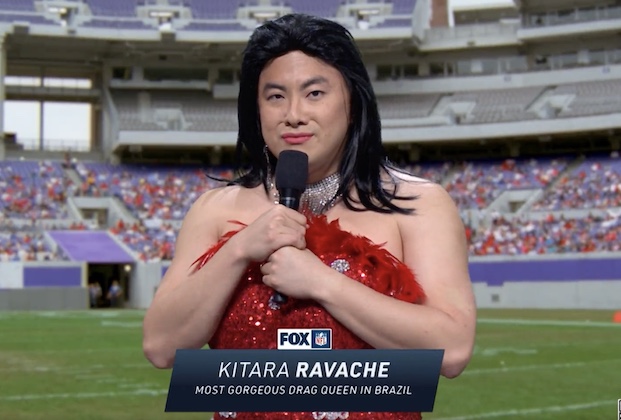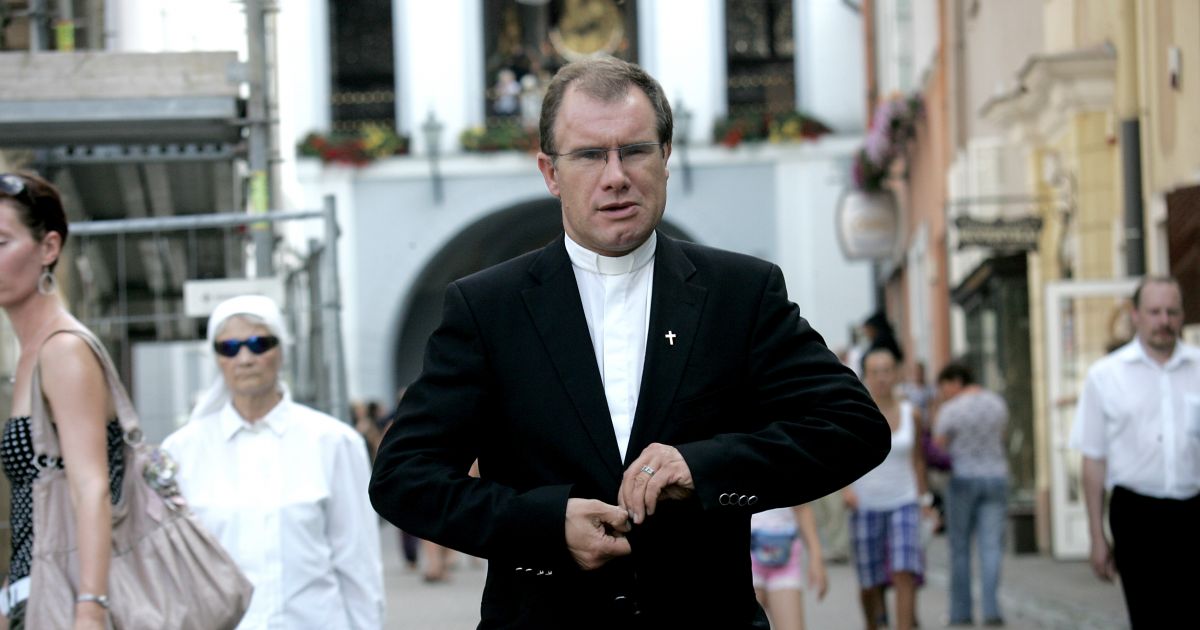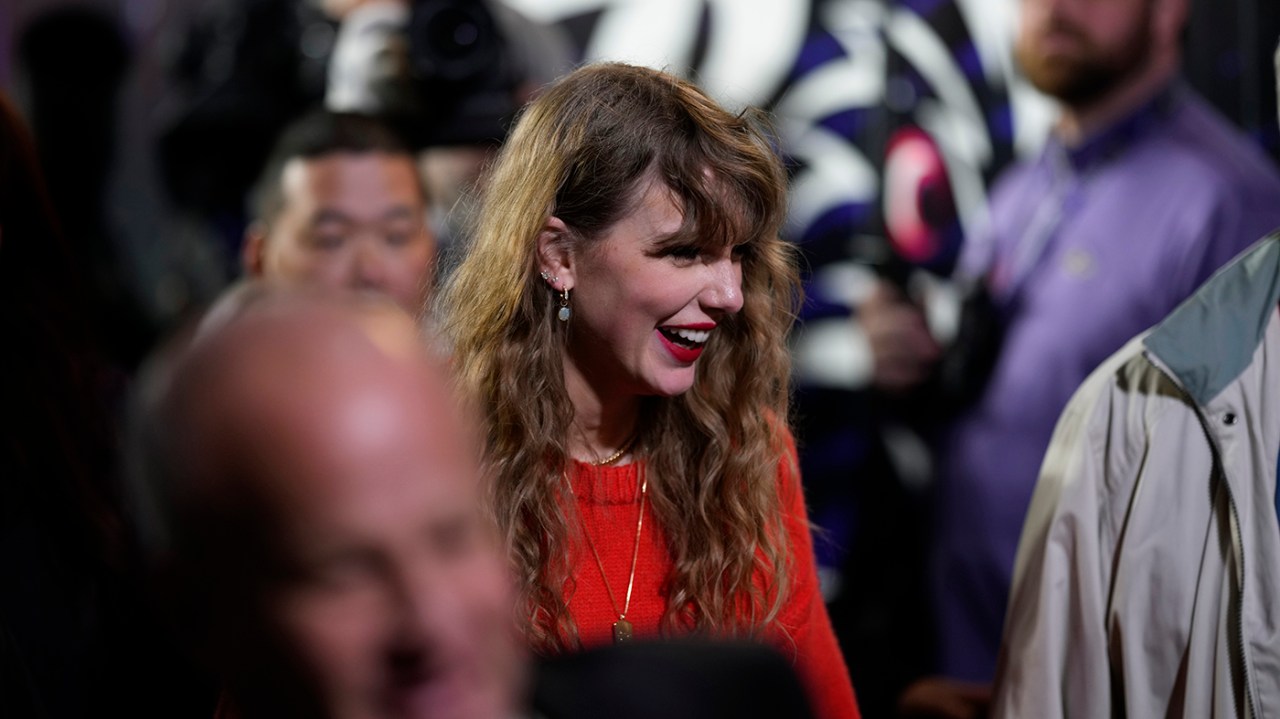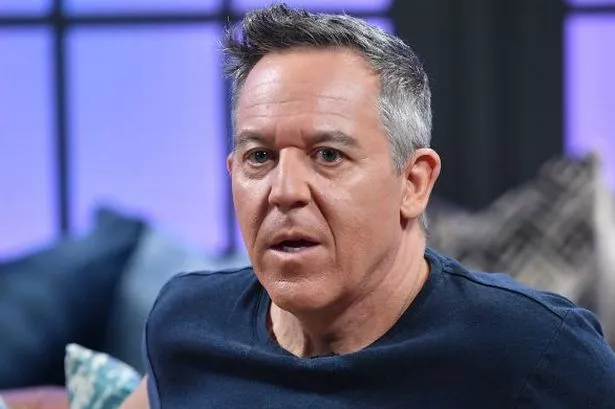Bowen Yang Advocates For Cursing On Live SNL

Table of Contents
Yang's Arguments for Increased Profanity on SNL
Bowen Yang's arguments for increased profanity on SNL center around authenticity, comedic impact, and creative freedom. He believes that carefully chosen profanity can significantly enhance the overall comedic experience.
-
Authenticity and Relatability: Yang likely argues that allowing more cursing would make SNL sketches more relatable to a modern audience. Everyday conversations often include profanity, and excluding it from comedy can feel artificial and inauthentic. This increased realism can foster a stronger connection between the performers and the viewers, making the humor more impactful.
-
Heightened Comedic Impact: Strategic use of profanity can act as a powerful comedic tool. A well-placed curse word can amplify the shock value of a joke, adding a visceral punchline that elevates the humor beyond milder alternatives. Think of the carefully crafted comedic timing required; it's a skill that separates effective use from gratuitous profanity.
-
Unleashing Creative Expression: Yang's advocacy likely stems from a desire to push creative boundaries. Overly strict censorship can stifle comedic ingenuity, forcing writers and performers to compromise their vision to meet broadcast standards. Removing this constraint could lead to bolder, more innovative, and ultimately funnier sketches.
-
Examples from other Comedy Shows: Many successful comedy shows, both on television and in other mediums, effectively utilize profanity to enhance their humor. Yang might point to these examples as evidence that carefully placed cursing doesn't automatically equate to poor taste or alienate audiences. Instead, it can add depth and edge to the comedic performance.
Potential Consequences and Criticisms of Increased Cursing on SNL
While Yang's arguments are compelling, increasing profanity on SNL carries significant risks and potential downsides.
-
FCC Fines and Regulatory Scrutiny: The Federal Communications Commission (FCC) regulates broadcast television content, and increased profanity could lead to complaints and potential fines for NBC, the network that airs SNL. This financial risk is a major factor for network executives.
-
Alienating Viewers: A segment of the audience might be uncomfortable with increased profanity, potentially leading to decreased viewership. The balance between pushing creative boundaries and maintaining a broad appeal is a constant challenge for SNL.
-
Advertiser Backlash: Some advertisers might be hesitant to associate their brands with a show perceived as excessively profane. This could result in lost revenue and further pressure on NBC to maintain a certain level of censorship.
-
Negative Public Relations: Conservative groups and media outlets could criticize SNL for increased profanity, leading to negative publicity and potentially impacting the show's ratings and public image. The potential for backlash is a significant concern.
The Broader Context: Censorship and Comedic Freedom on SNL
Bowen Yang's stance highlights the ongoing debate surrounding censorship in comedy and the limits of artistic expression on mainstream platforms. This debate touches on several key aspects.
-
Evolving Societal Norms: Societal attitudes towards profanity are constantly evolving. What was once considered highly offensive might be more commonplace today. SNL's approach to profanity needs to reflect these changes, but also consider the implications of those changes.
-
Comparison to Other Late-Night Shows: Comparing SNL's approach to profanity with other late-night shows and comedy programs reveals a spectrum of approaches to language and content. Some shows embrace more explicit language than others, offering a range of models to consider.
-
Social Commentary and Challenging Norms: Pushing boundaries in comedy can be a powerful tool for social commentary and challenging societal expectations. However, finding the right balance between humor and offense is crucial. Yang’s perspective likely involves challenging existing norms through the use of language.
Conclusion: Navigating the Profanity Debate on SNL
Bowen Yang's call for more cursing on SNL sparks a crucial conversation about the balance between comedic freedom and broadcast standards. While increased profanity carries risks, it also presents opportunities for more authentic, impactful, and potentially groundbreaking comedy. His advocacy raises vital questions about censorship, artistic expression, and the evolving relationship between comedy and its audience. The debate around the use of profanity on SNL highlights the complex considerations involved in balancing creative expression with audience expectations and regulatory requirements.
Call to Action: What are your thoughts on Bowen Yang’s stance? Should SNL embrace more cursing or maintain its current level of censorship? Share your opinions on the debate surrounding Bowen Yang advocating for cursing on live SNL in the comments below!

Featured Posts
-
 Bianca Censori And Kanye West Couple Spotted After Weeks Apart In Spain
May 18, 2025
Bianca Censori And Kanye West Couple Spotted After Weeks Apart In Spain
May 18, 2025 -
 Skandalas Kanye Westas Paviesino Biancos Censori Intymias Nuotraukas
May 18, 2025
Skandalas Kanye Westas Paviesino Biancos Censori Intymias Nuotraukas
May 18, 2025 -
 Kanye Wests Sex Trafficking Claim Against Kim Kardashian Fact Or Fiction
May 18, 2025
Kanye Wests Sex Trafficking Claim Against Kim Kardashian Fact Or Fiction
May 18, 2025 -
 Trump Declares Taylor Swift No Longer Hot Sparks Maga Celebration
May 18, 2025
Trump Declares Taylor Swift No Longer Hot Sparks Maga Celebration
May 18, 2025 -
 1 0 Victory For Angels Sorianos Masterful Pitching Silences White Sox
May 18, 2025
1 0 Victory For Angels Sorianos Masterful Pitching Silences White Sox
May 18, 2025
Latest Posts
-
 The Positive Economic Ripple Effect Of Huge Rave Events
May 18, 2025
The Positive Economic Ripple Effect Of Huge Rave Events
May 18, 2025 -
 Walton Goggins Snl Appearance Analyzing The Who Gonna Die Promo
May 18, 2025
Walton Goggins Snl Appearance Analyzing The Who Gonna Die Promo
May 18, 2025 -
 Southwest Washingtons Economic Future Navigating Tariff Challenges
May 18, 2025
Southwest Washingtons Economic Future Navigating Tariff Challenges
May 18, 2025 -
 Economic Benefits Of Large Scale Rave Festivals
May 18, 2025
Economic Benefits Of Large Scale Rave Festivals
May 18, 2025 -
 Find The Best Entertainment News Here Reliable Sources And In Depth Coverage
May 18, 2025
Find The Best Entertainment News Here Reliable Sources And In Depth Coverage
May 18, 2025
